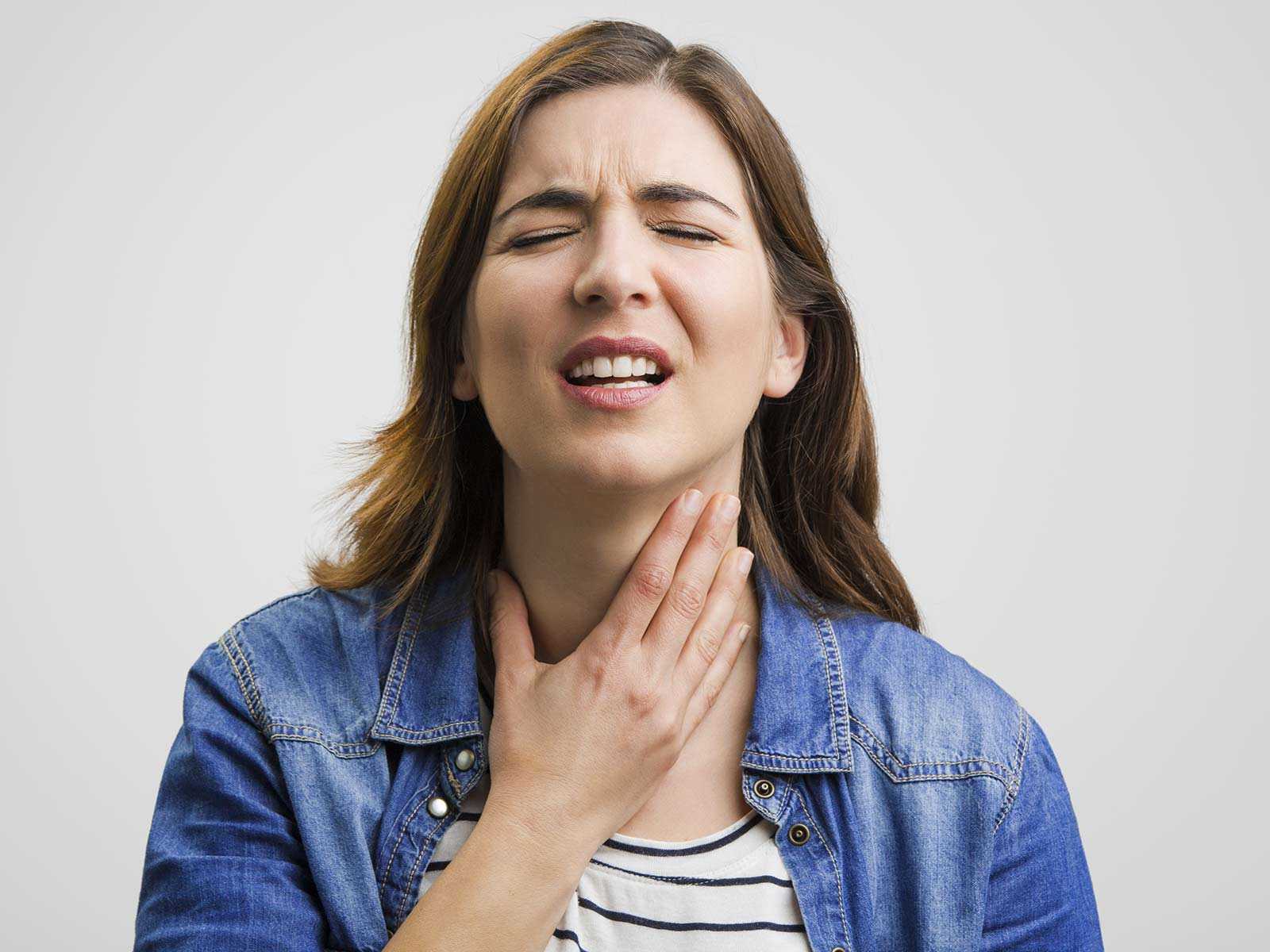
Rectal polyps are small growths on the inner lining of the rectum. They often look like tiny bumps or mushroom-shaped protrusions. While most polyps are benign, some types can progress to colorectal cancer if not detected and removed early.
In many cases, rectal polyps cause no noticeable symptoms. When they do occur, you might experience:
The exact cause of rectal polyps is often unknown, but several factors can raise your risk:
At GastroDoxs in Cypress, our board-certified specialists combine compassionate, patient-centered care with cutting-edge endoscopic technology to diagnose and treat rectal polyps safely and effectively. From your initial consultation through follow-up screenings, we craft a personalized plan to protect your digestive health and give you peace of mind. Ready to take control of your health? Schedule your appointment today and let us guide you every step of the way.
We've successfully treated more than 4K patients, helping individuals improve their digestive health and overall well-being through expert, personalized care.
With over 20 years of experience, GastroDoxs has been a trusted provider of gastroenterology care, focusing on delivering the best outcomes for patients
No. Many rectal polyps are benign, but some types-especially adenomatous polyps-can become cancerous over time. Regular screening and removal significantly reduce this risk.
Follow-up colonoscopies are typically recommended every 3 to 5 years, depending on the number, size, and pathology of the polyps found.
No. Smaller or flat polyps may not bleed. Larger polyps or those close to the anal opening are more likely to cause visible rectal bleeding or mucus in the stool.
You will be under anesthesia during the procedure, so you shouldn't feel pain. Mild discomfort or cramping afterward is common but usually resolves quickly.
The standard CPT code used for transanal excision of a rectal polyp is 45304.
A diet high in fiber and low in saturated fats may reduce the risk of polyp formation. However, genetics and other factors also play a role.
Yes. Even after complete removal, new polyps can form. That's why routine surveillance colonoscopies are important.
Most patients resume normal activities within 1-2 days. You may experience mild abdominal cramping or rectal spotting for a short time.
Yes. A board-certified gastroenterologist has the training and tools necessary to accurately diagnose and safely remove rectal polyps.
Follow your doctor's post-procedure instructions: rest, avoid heavy lifting, eat soft foods, and take any prescribed medications as directed to promote healing and reduce bleeding.